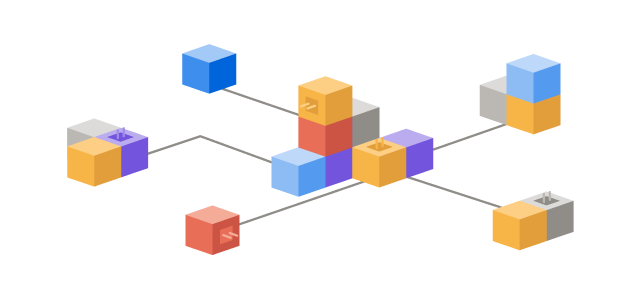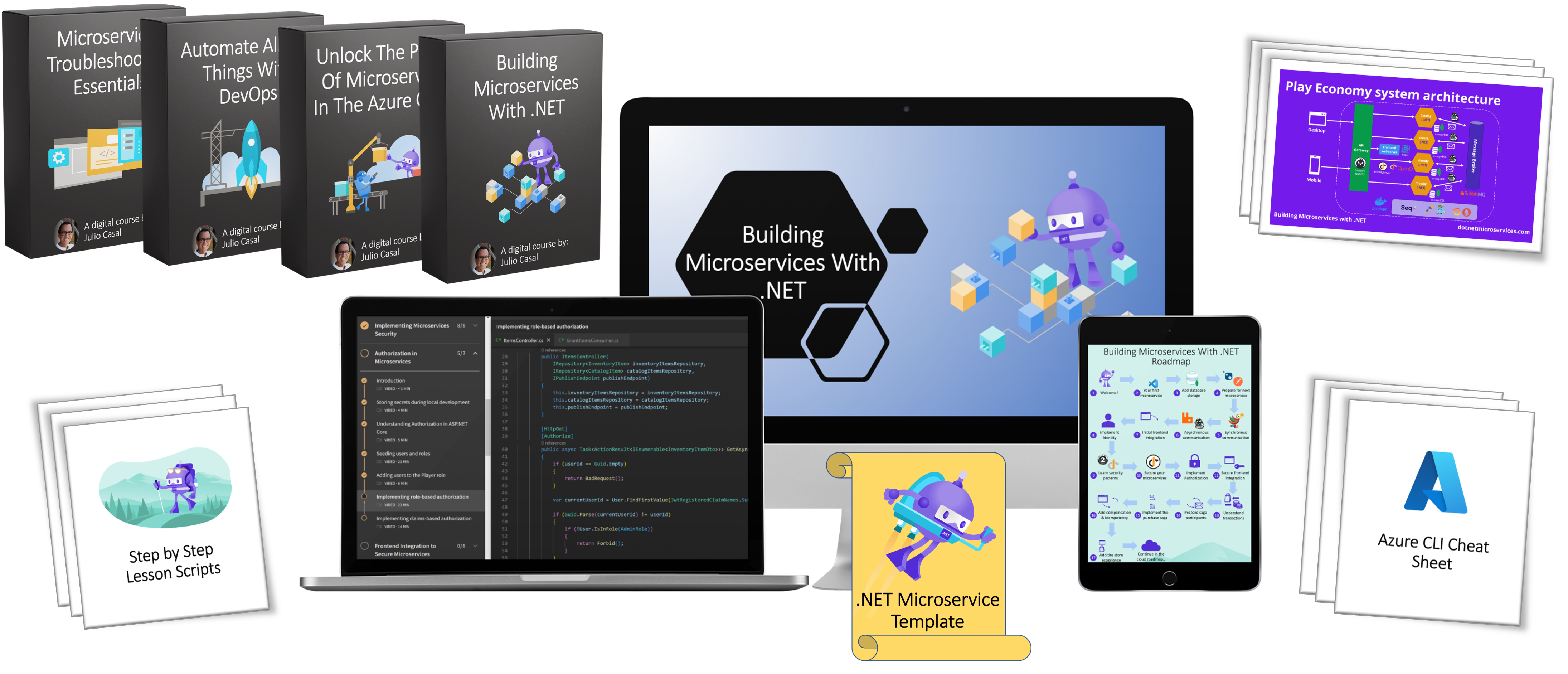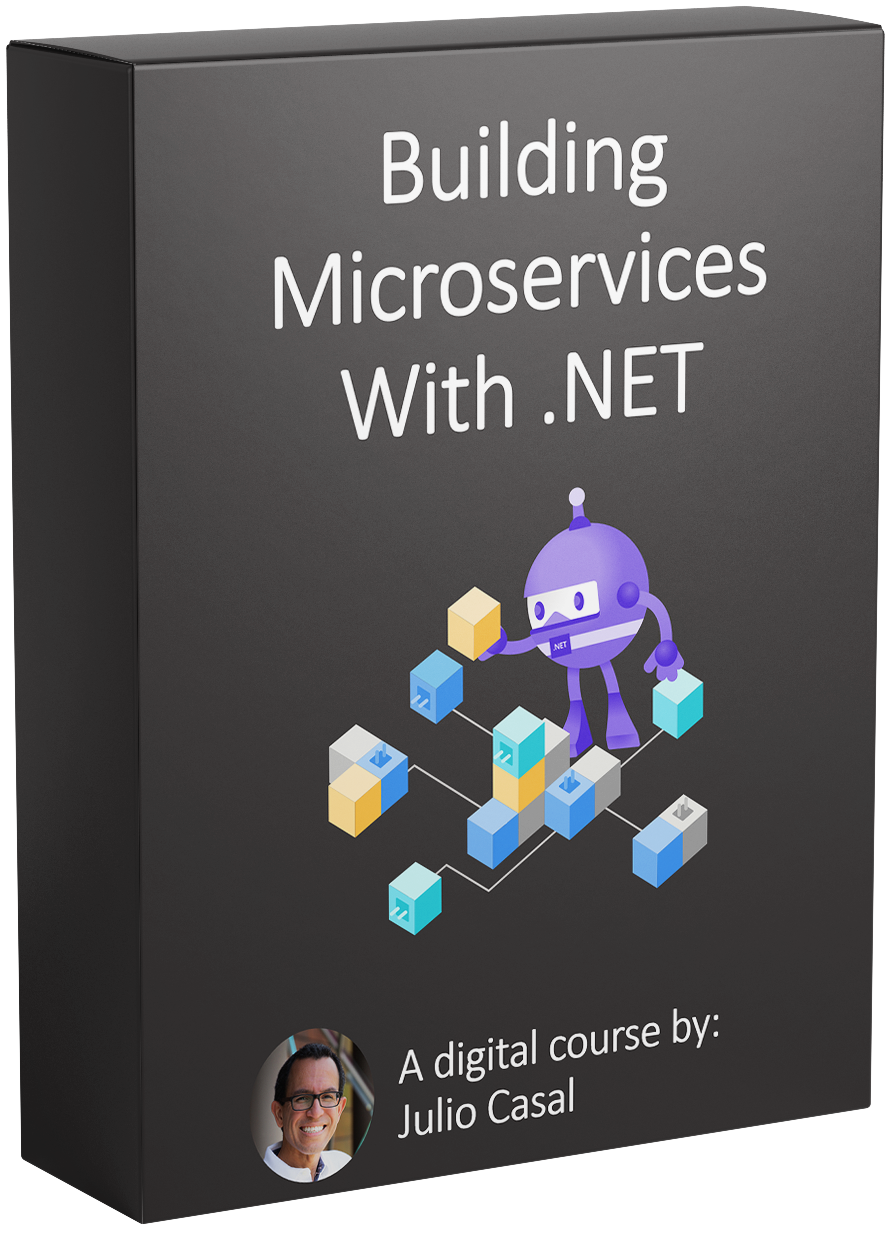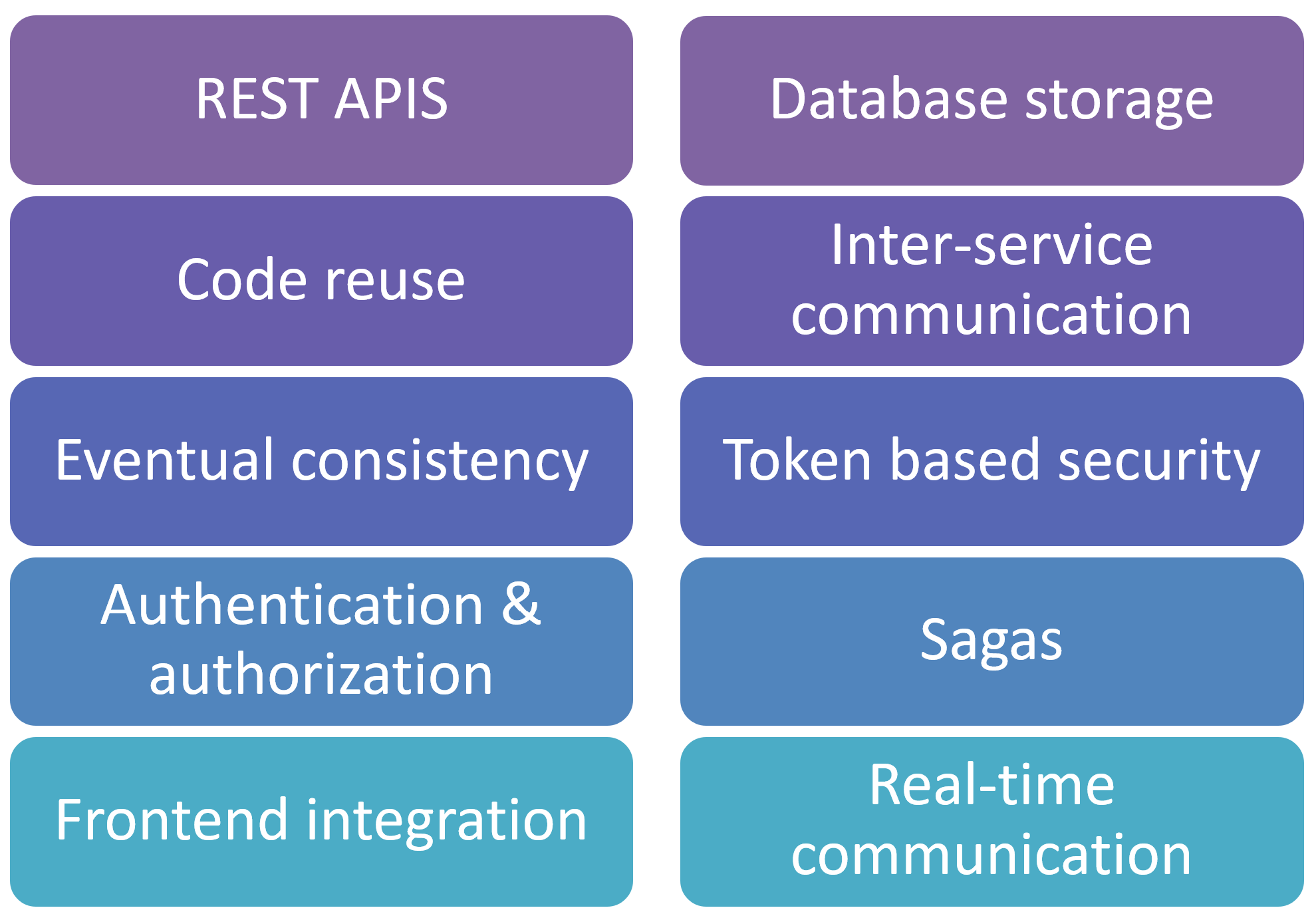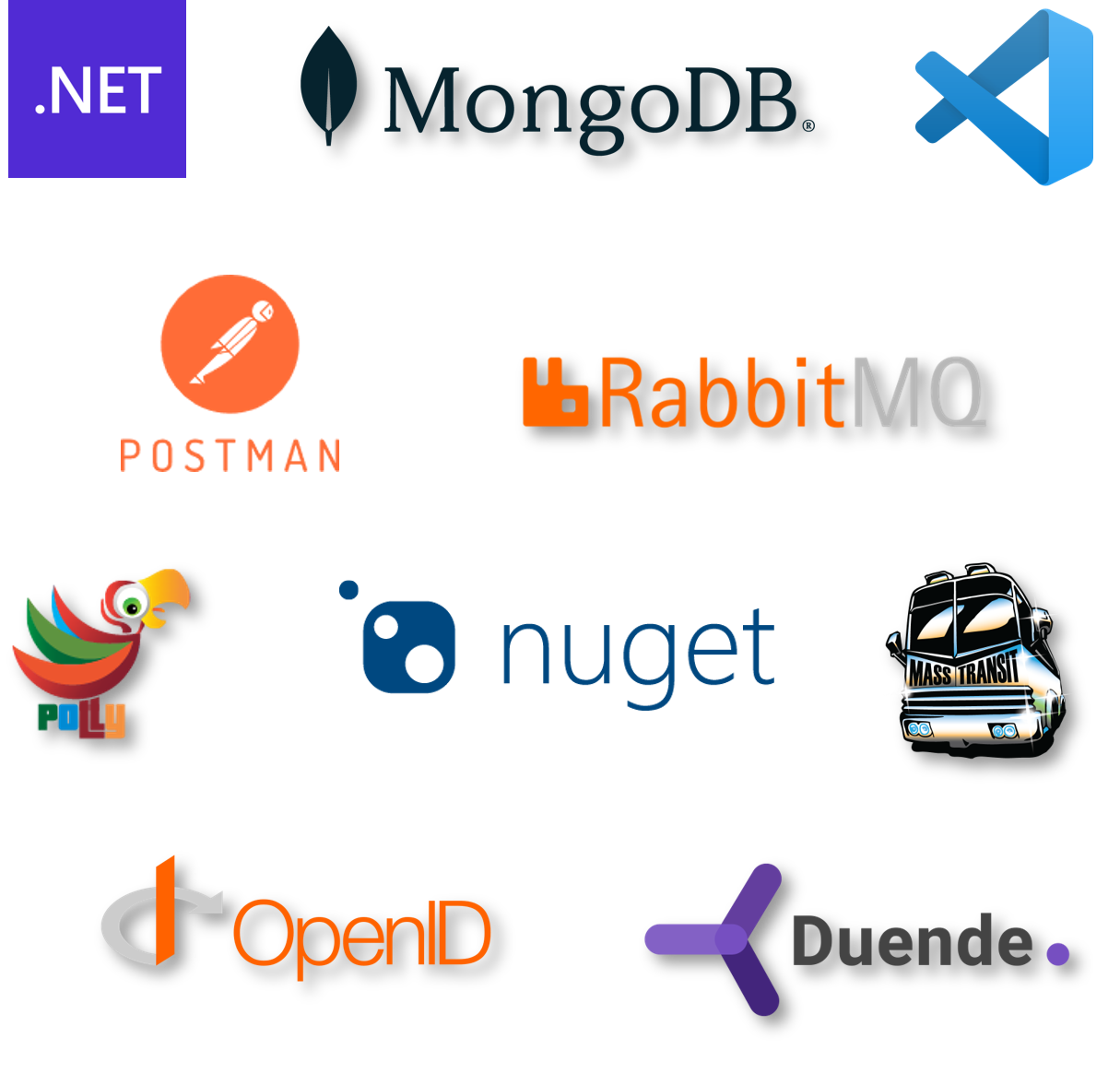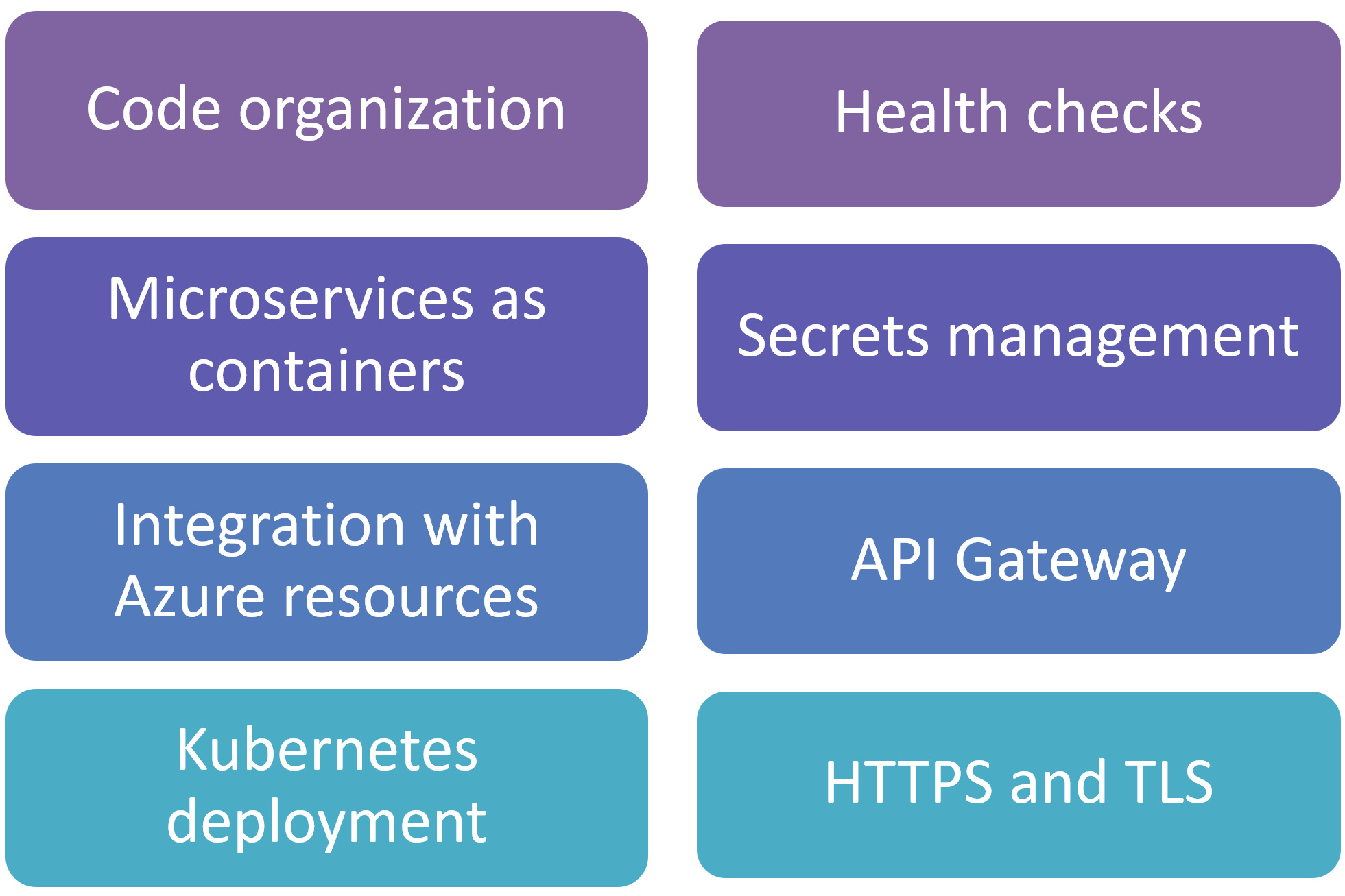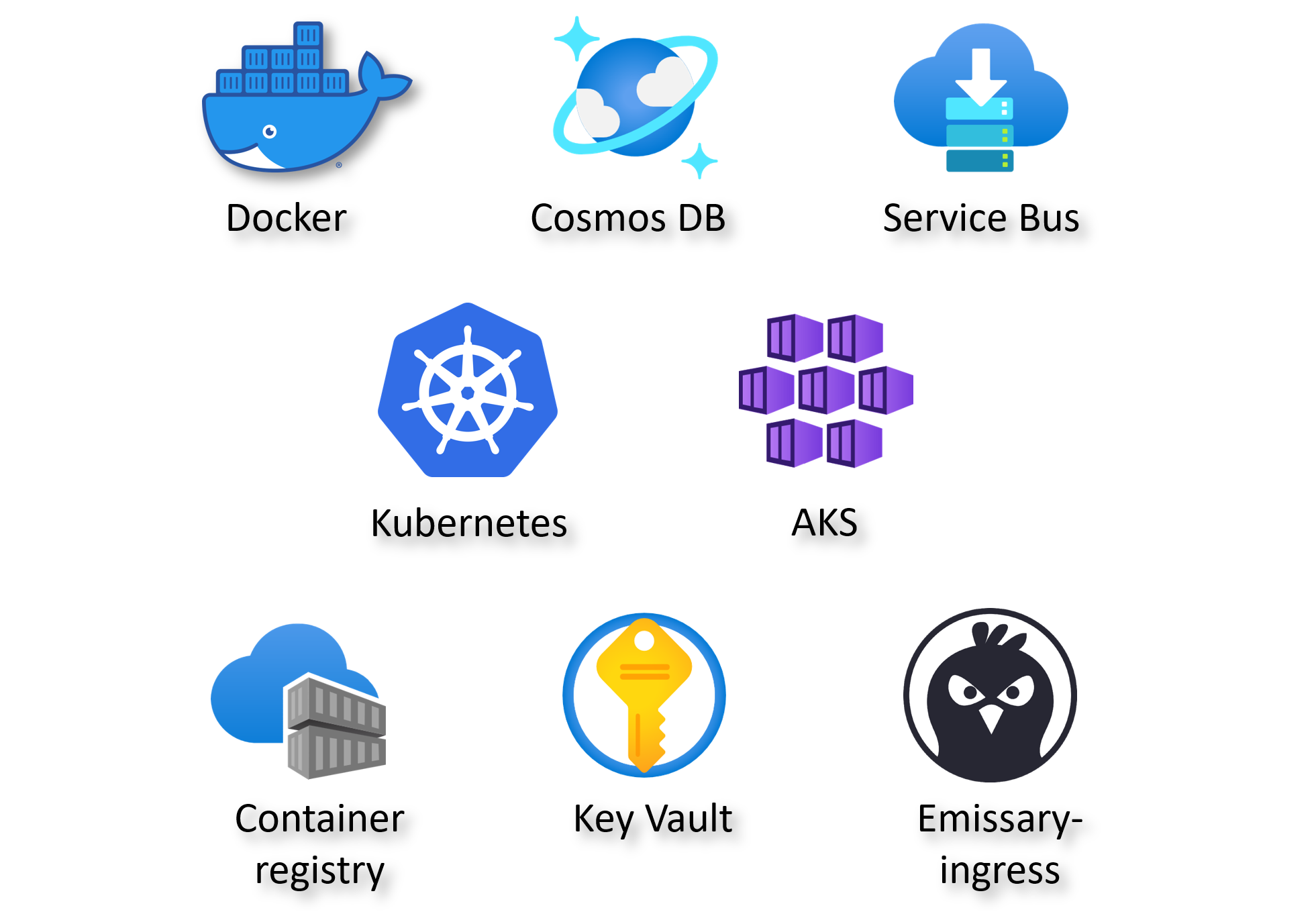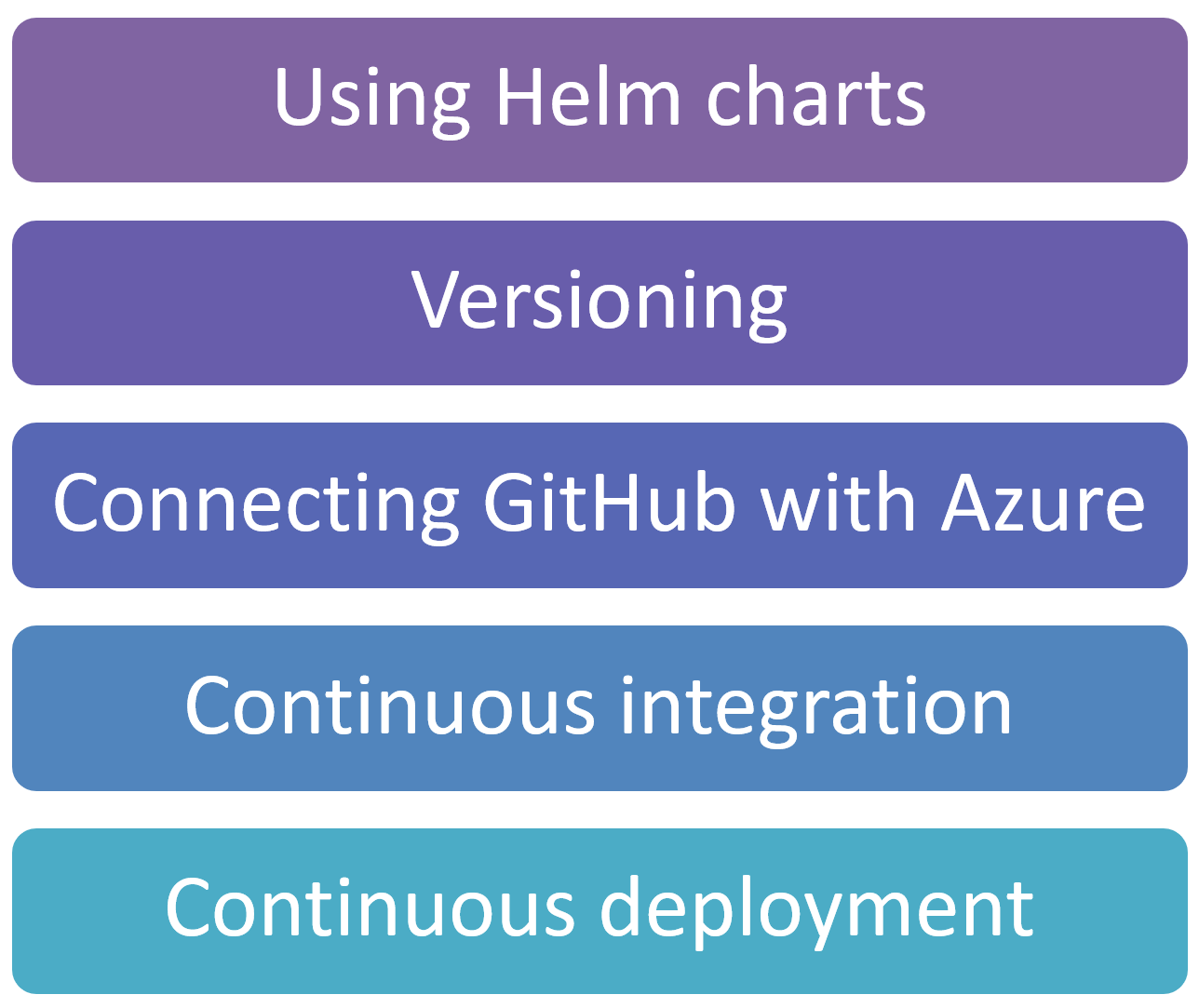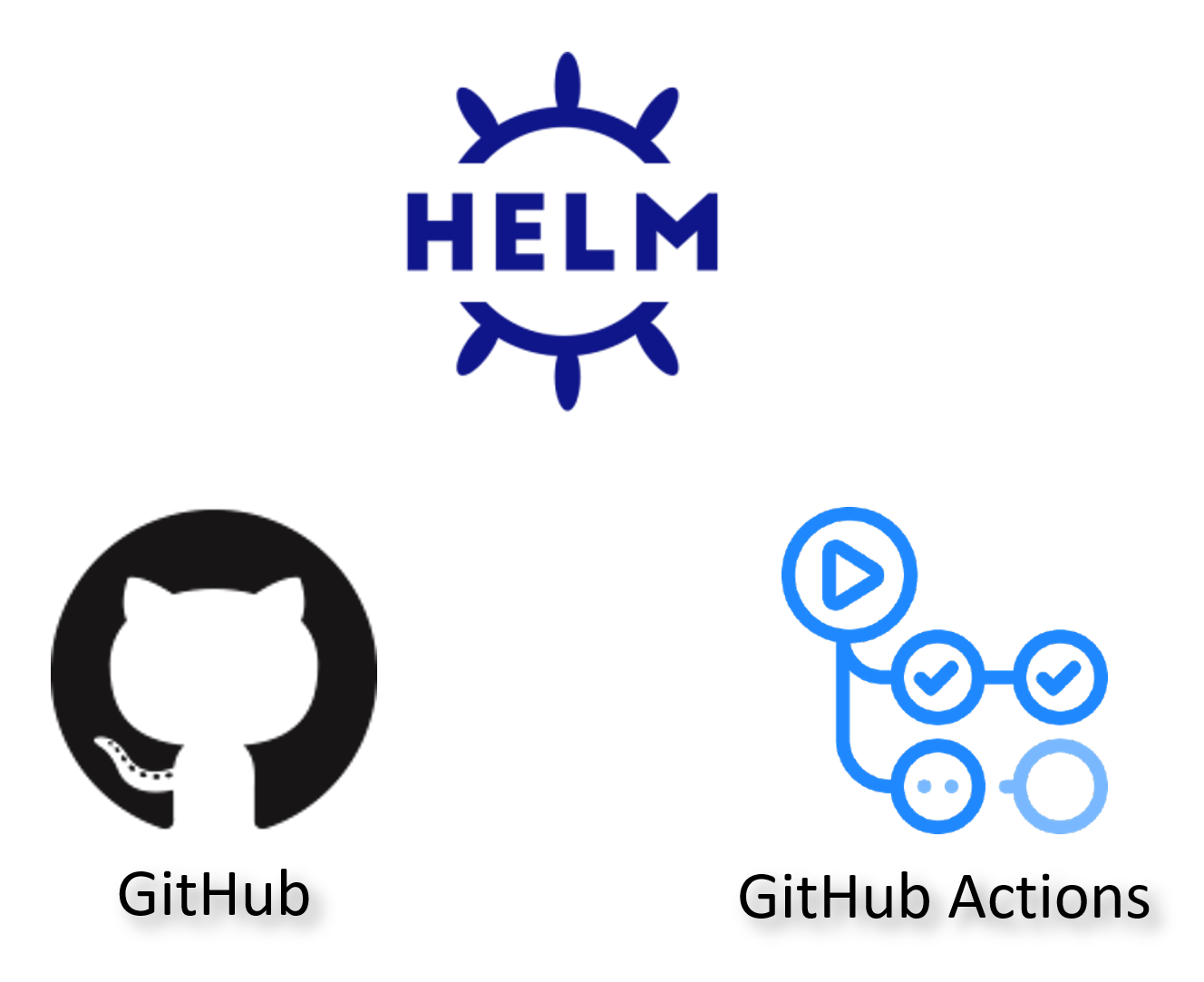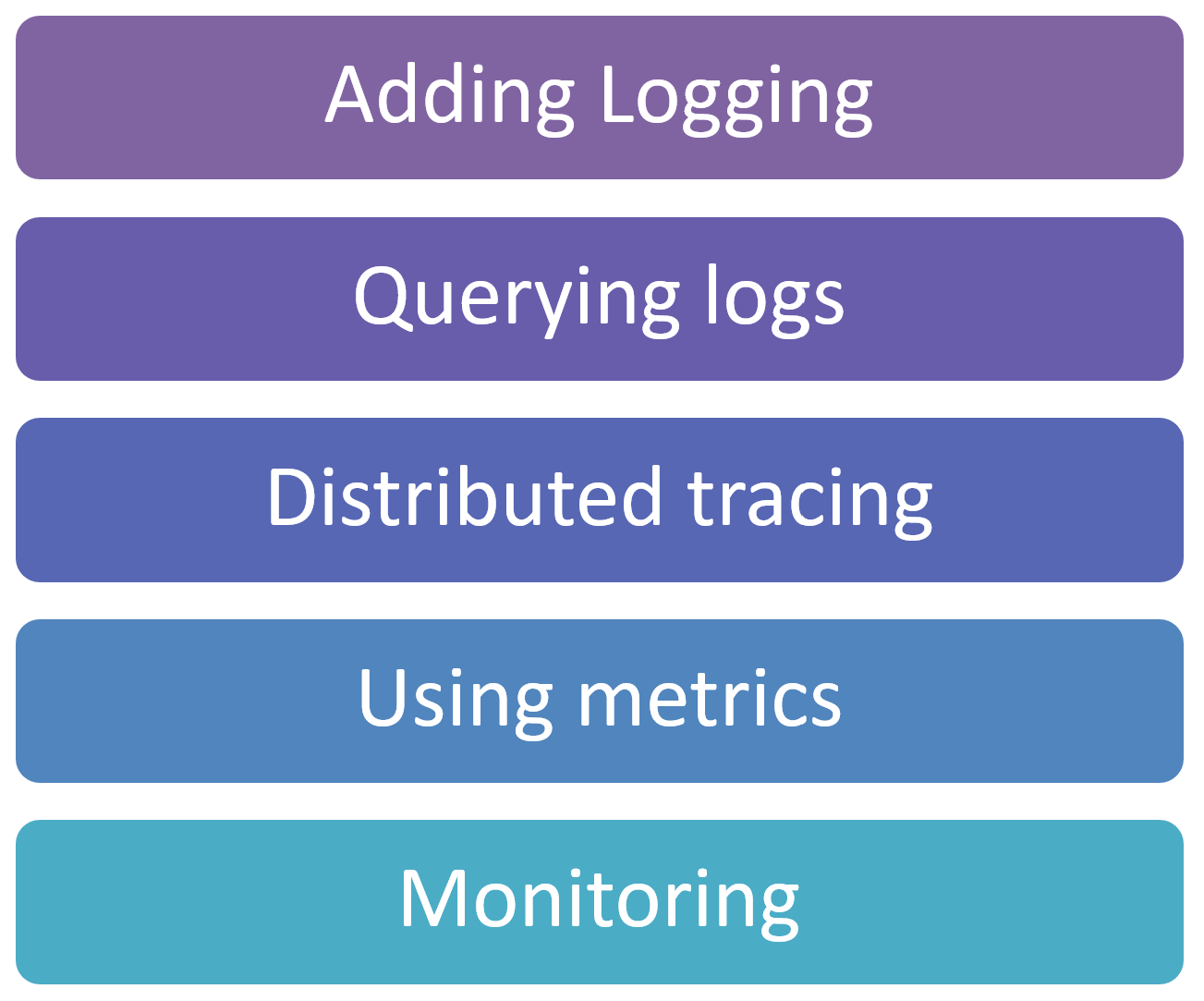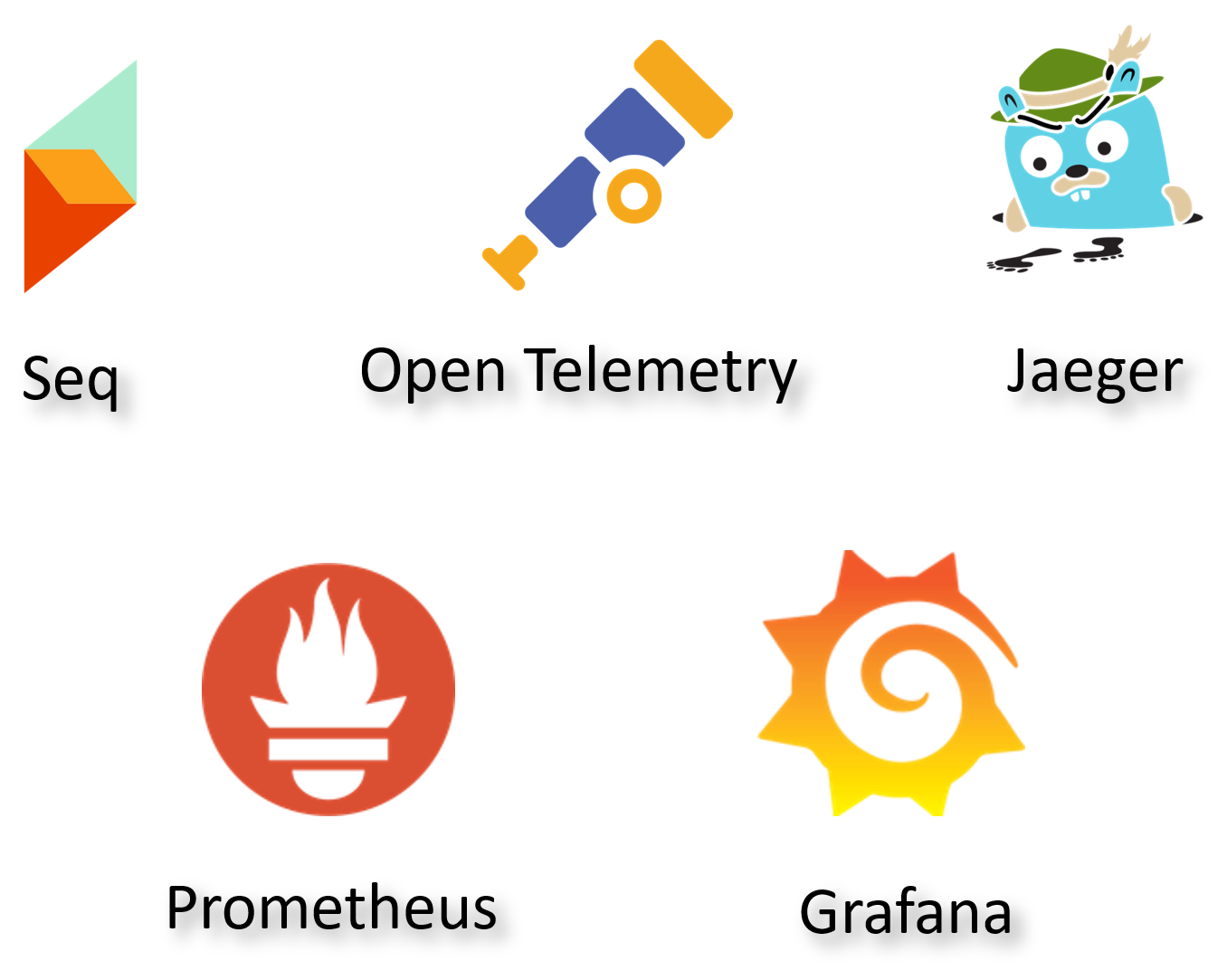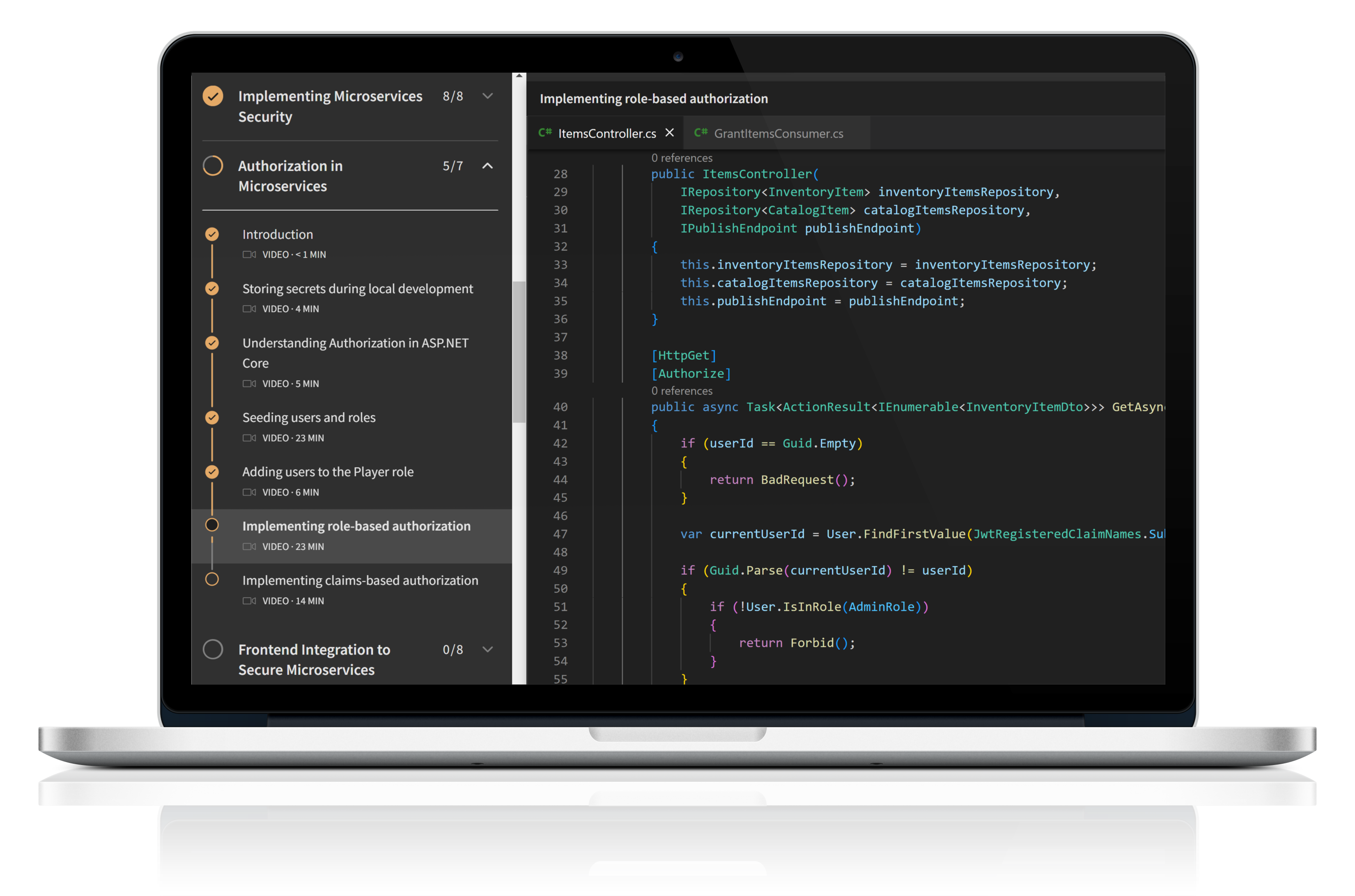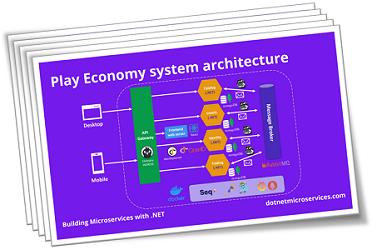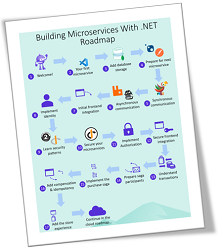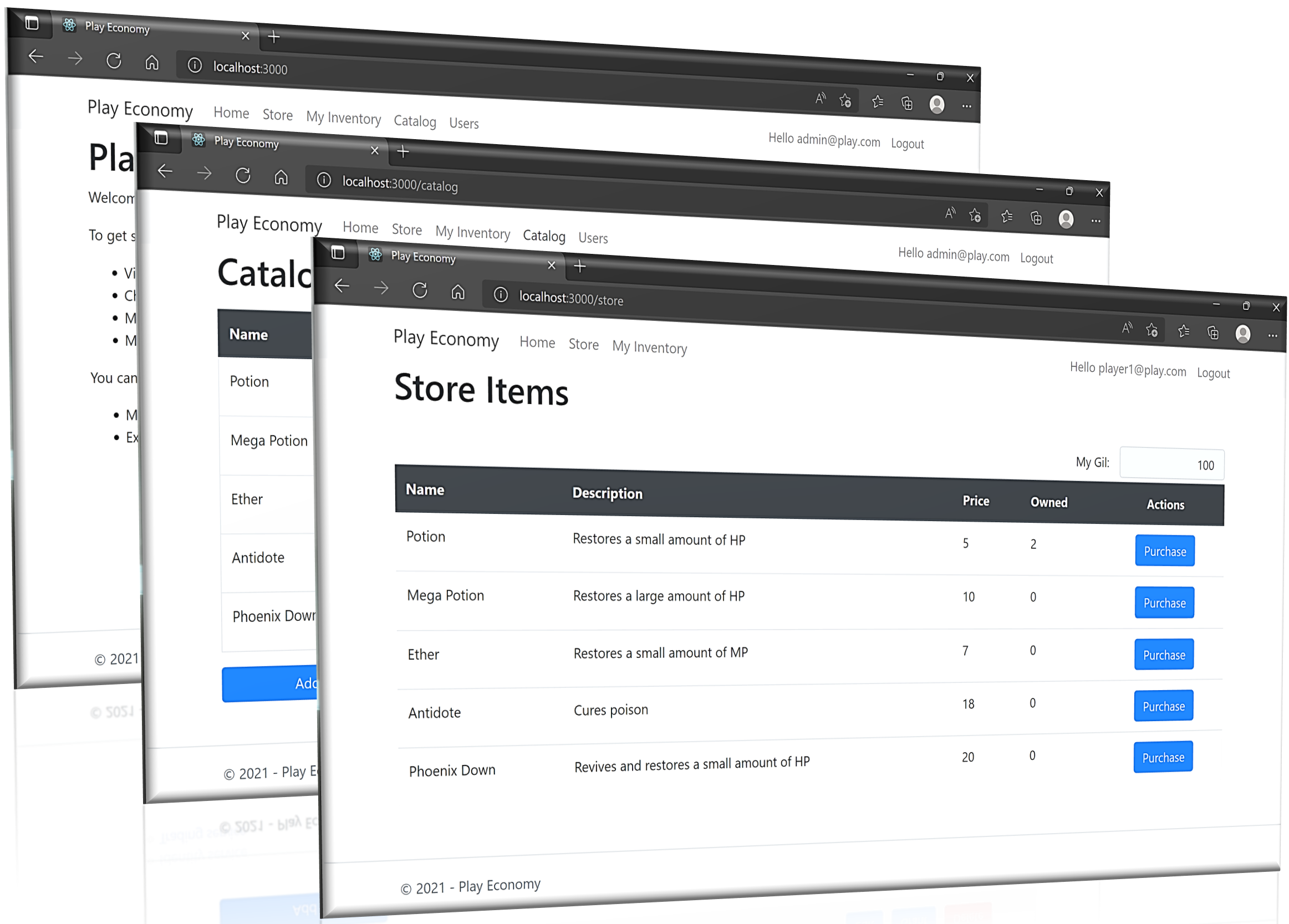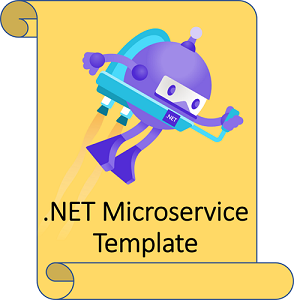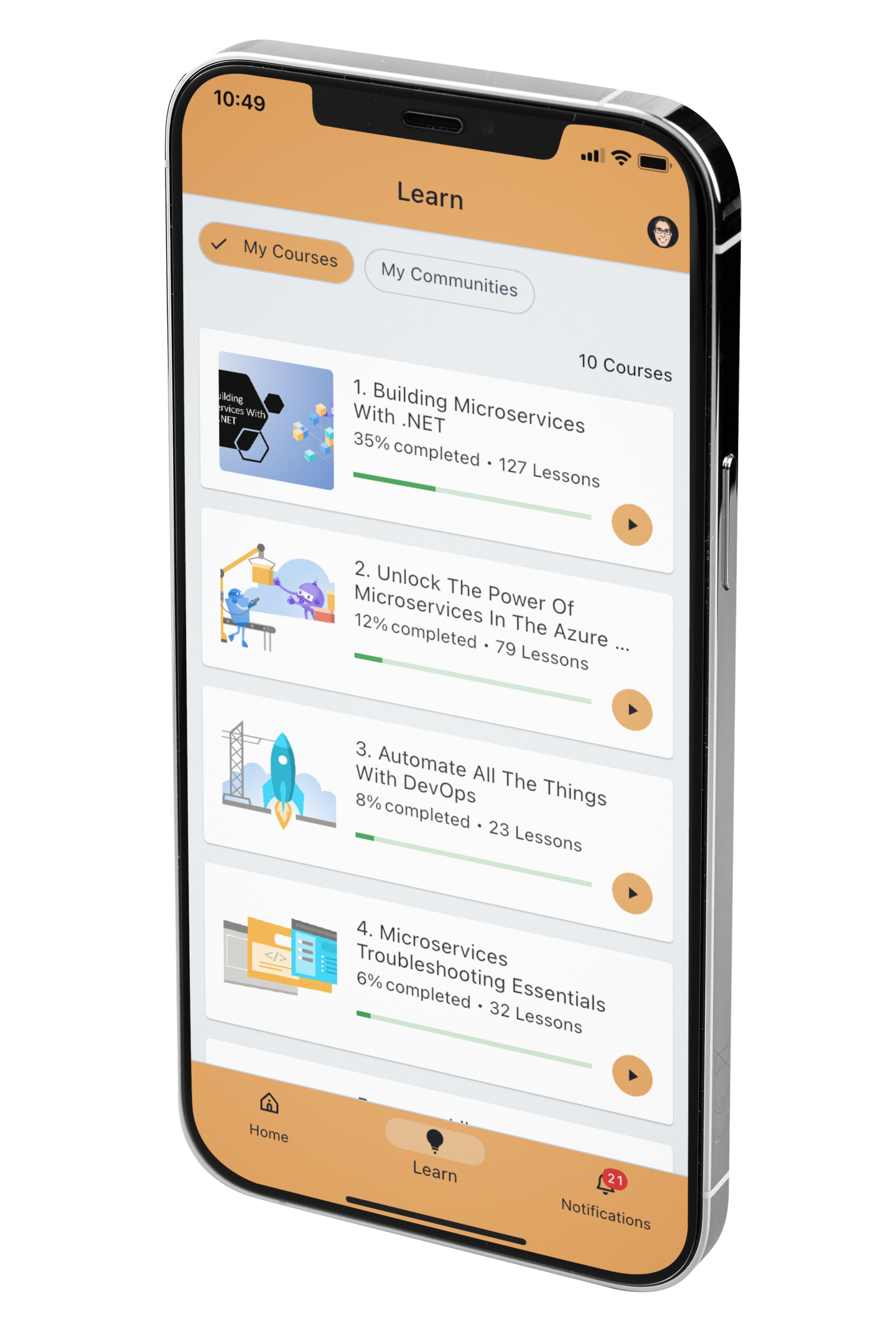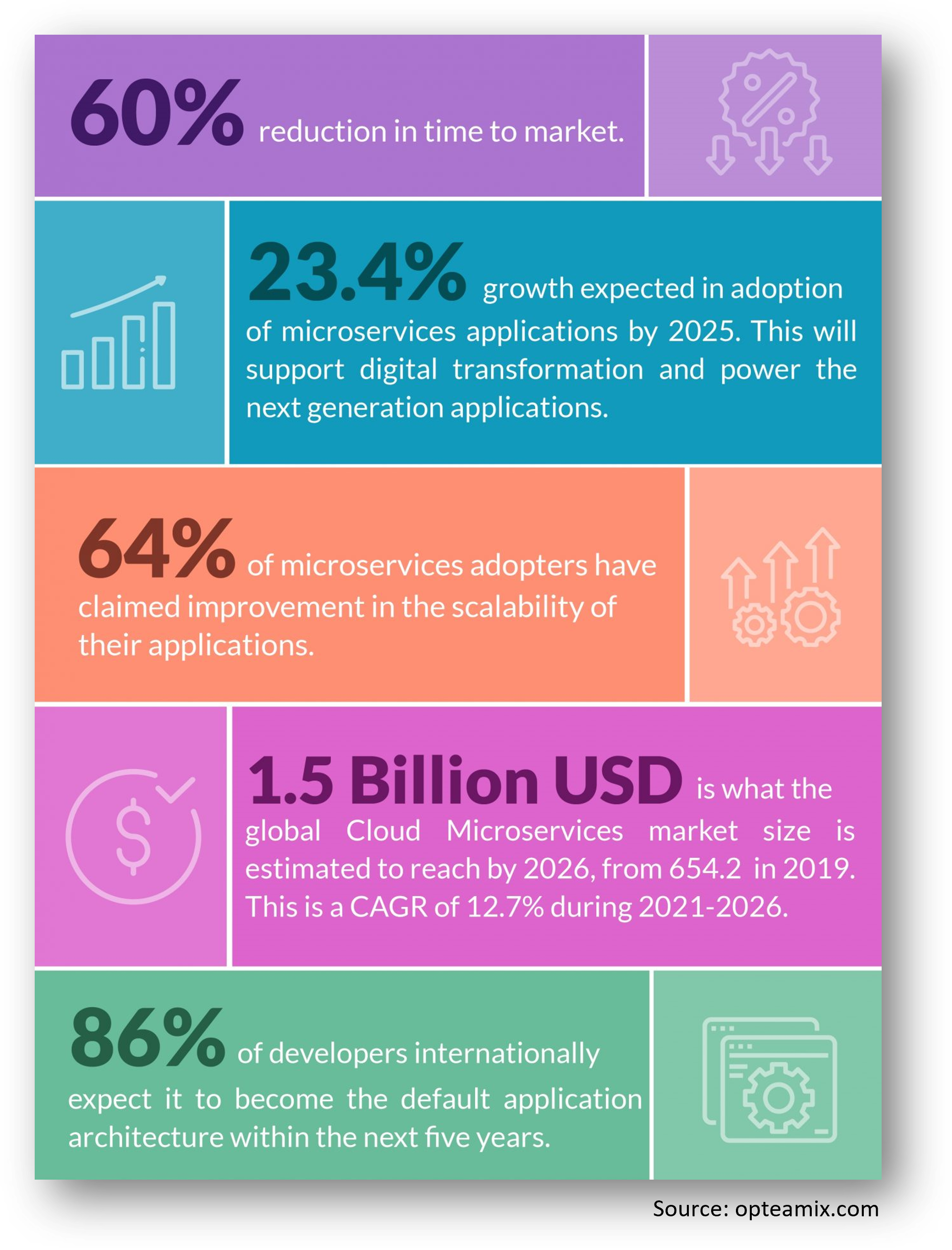Does this sound familiar?
In the early days of your project, everything was great: the small code base was easy to understand, you could add features and fix bugs quickly, you could verify the whole app was working properly with just a few manual tests and you were able get a new version up and running any time your boss asked to show your progress.
A year later, your customers are loving your app, but now that your team has grown and you have to deal with thousands of lines of code, things are not fun anymore:
- The code base is too complex to understand and explain to new team members, which makes adding new features and fixing bugs difficult and time consuming
- Loading and building the code in your IDE keeps getting slower. It's painful to make even one-line changes
- The app keeps breaking very frequently now that there are so many devs making changes at the same time. Even a small bug in a single module can break the whole thing
- You keep missing deadlines. With so much to build and test, you can only release new bits once a month, and usually late on a Friday or Saturday night
- Scaling to handle the increasing load is too hard. Getting new servers, configuring them, deploying your app there, etc. And when the load goes down, so much wasted server power.
- Move to the latest .NET stack? Only a dream. It would mean rewriting a crazy amount of code, not to mention the time needed to verify all features keep working properly and reconfiguring your production environment for the latest tech

There must be a better way.
